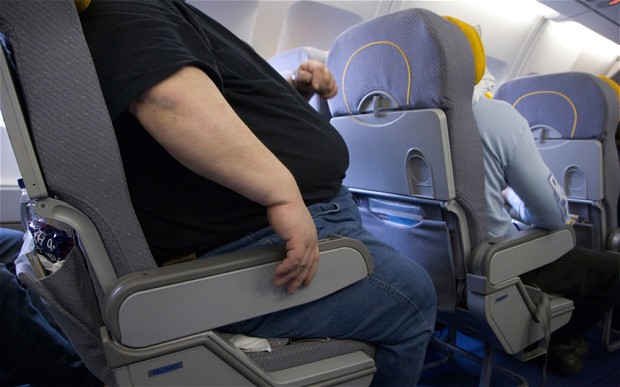Loath as you may be to admit it, chances are that at some point you have found yourself in the kitchen late at night, devouring some sweet, salty or carb-rich treat even though you weren’t hungry.
Scientists are getting closer to understanding why people indulge after dark and to determining whether those nighttime calories wreak more havoc — whether they drive up the risk of weight gain and of chronic diseases such diabetes — than ones consumed earlier in the day.
“For years, we said a calorie is a calorie no matter when you consume it,” says dietitian Joy Dubost, a spokeswoman for the Academy of Nutrition and Dietetics. “I don’t know if we can say that anymore, based on the emerging research. The timing of a meal may potentially have an impact.”
Most of the major studies on late-night eating have been conducted with animals,night-shift workers and people who, due to a disorder called night eating syndrome, consume at least 25 percent of their daily calories after supper or who wake up to eat at least twice a week.
Studies tend to show that when food is consumed late at night — anywhere from after dinner to outside a person’s typical sleep/wake cycle — the body is more likely to store those calories as fat and gain weight rather than burn it as energy, says Kelly Allison of the University of Pennsylvania School of Medicine’s Center for Weight and Eating Disorders.
Some animal studies have shown that food is processed differently at different times of day. This could be due to fluctuations in body temperature, biochemical reactions, hormone levels, physical activity and absorption and digestion of food, says Steven Shea, director of the Oregon Institute of Occupational Health Sciences at Oregon Health & Science University.
“The studies suggest that eating out of our normal rhythm, like late at night, may prompt weight gain” and higher levels of blood sugar, which can raise the risk of chronic disease, Allison says.
Source: Why eating late at night may be particularly bad for you and your diet – The Washington Post


